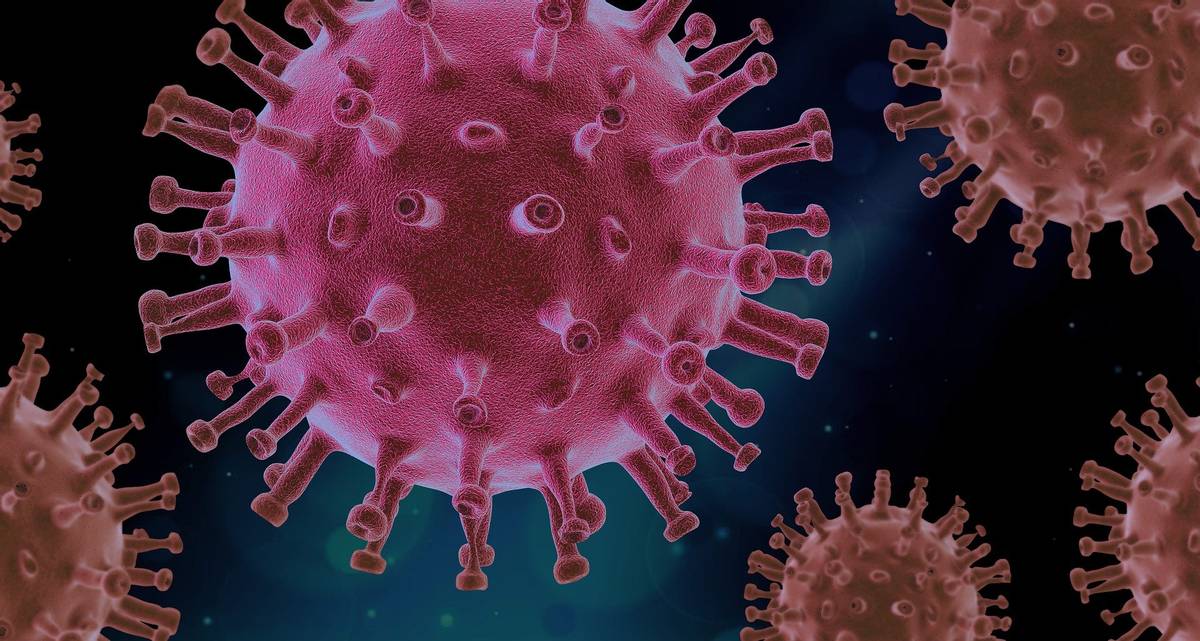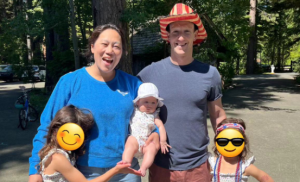Facebook on Monday said that they are increasing efforts to stop the spread of fake news about COVID-19 vaccinations, spread real facts and find out who may be wary of getting the Jab.
The move involves banning organisations that repeatedly spread misinformation and debunked myths about the virus and vaccines.
The social networking site has been putting forward health advice from reliable agencies and removing COVID-19 misinformation for months now and expanded the initiative on Monday.
Also Read | AstraZeneca vaccine still a vital tool: WHO amid efficacy concerns
With the support of the World Health Organisation, a list of debunked statements about the virus of vaccines not welcomed on Facebook has been revised.
Groups or accounts that spread the fake news could be completely removed from the social networking site, Facebook warned. Debunked information on vaccines or pandemics is now forbidden in social network advertising.
All the people in charge of groups at the social network were told to require posts of members prone to spreading fake information to be approved before being shared.
Also Read: ‘A daunting challenge,’ say officials as US sees first signs of improvement of COVID-19 pandemic
At Instagram, a Facebook-owned company, the accounts of people discouraging the COVID-19 vaccinations will be difficult to find using automated search tools, according to the social media site.
Facebook said it has received more than 50 million responses to the COVID-19 survey launched last year in partnership with 2 US universities.
It was planned to gain insights from people about the symptoms of COVID-19, wearing a mask, and access to healthcare.
Also Read: Sitting Republican congressman Ron Wright dies after COVID-19 battle
Facebook also said that,”the survey program is one of the largest ever conducted and has helped health researchers better monitor and forecast the spread of COVID-19.”
“The survey data will provide a better understanding of trends in vaccine intent across sociodemographics, race, geography and more.”
The results of the study on vaccine attitudes will be shared worldwide, according to the social network.







